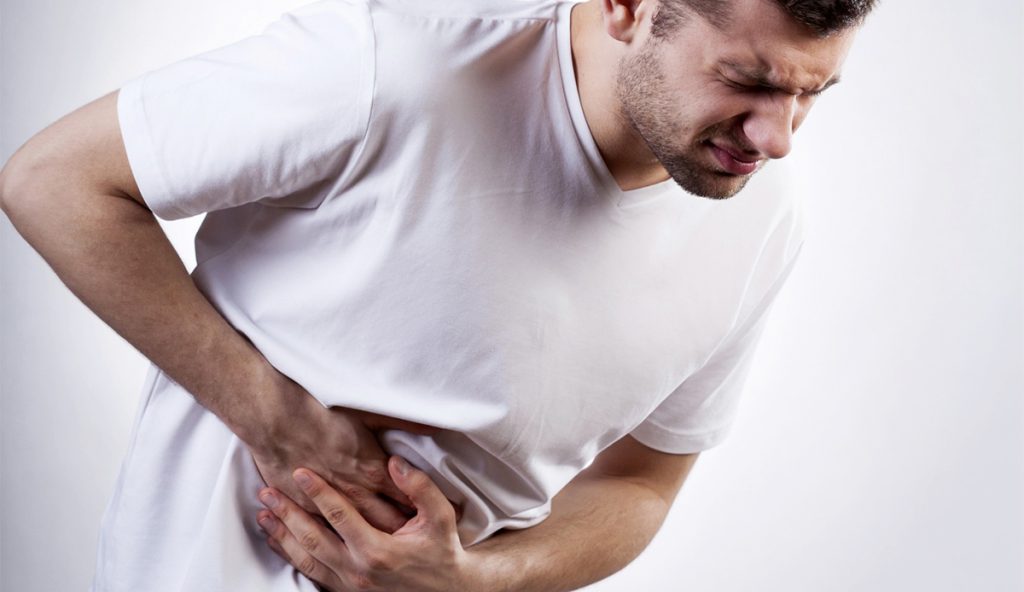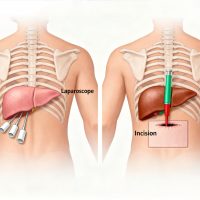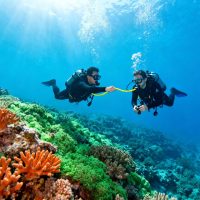Bali has many experiences to offer such as the artwork, surfing, cultural attractions. However one other encounter you won’t forget is gastroenteritis or, as it is commonly referred to, ”Bali Belly.”
Another term used to describe Bali Belly is traveller’s diarrhoea which many are familiar with because it happens to as many as 50% of travellers and at BIMC Hospital, diarrhoea is one of the main complaints that bring people through our doors to seek medical attention.
Although everyone has a risk to get diarrhoea while travelling, it’s more likely to occur in those who are immunosupressed, diabetic, or with inflammatory bowel disease, and persons taking H2 antagonist or antacids (medication for gastric ulcers) long term.
The main source of infection is food and water that has been contaminated by feces. The cause of the infection can be a virus, parasite, or bacteria. Escherichia coli (E. coli) bacteria is often a cause of traveller’s diarrhoea and normally found in one’s intestine.
Usually your body becomes used to the E. coli and the bacteria may not cause intestinal problems. However, when you are exposed to new varieties of E. coli bacteria, your body may react to substances produced by the bacteria. These toxins may interfere with your intestine’s ability to absorb water.
Traveller’s diarrhoea can also be caused by the stress of traveling, a different diet, or other factors.
Travellers can minimize their risk for Bali belly by practicing the following effective preventive measures:
* Do not drink untreated water, including ice cubes in drinks.
• Avoid food and beverages from street vendors.
• Eat only foods that are cooked and still hot, or fruits and vegetables that you peel yourself.
• Do not eat raw or partially cooked fish or shellfish. Fully cooked fish and shellfish are safe.
• Brush your teeth with untreated water is usually safe. Most toothpaste contains antibacterial substances. Do not swallow the water.
• Carbonated soft drinks and water, bottled water, wine, and beer are usually safe without ice. Do not add ice that has been made from tap water.
• Avoid uncooked dairy products.
Routine antimicrobial prophylaxis increases the traveller’s risk for adverse reactions and for infections with resistant organisms. Because antimicrobials can increase a traveller’s susceptibility to resistant bacterial pathogens and provide no protection against either viral or parasitic pathogens, they can give travelers a false sense of security.
Some experts believe diarrhoea is the body’s defense mechanism to minimize contact time between gut pathogens and in testinalmucosa. Therefore, anti-motility drugs, containing loperamide, diphenoxylate, and paregoric, must be used cautiously, because they can increase the severity of disease by delaying clearance of causative organisms.
Bali Belly is a self limited disorder and often resolves without specific treatment, in fact 90% of cases resolve within one week. The main complication is dehydration, which could develop to other serious conditions.












